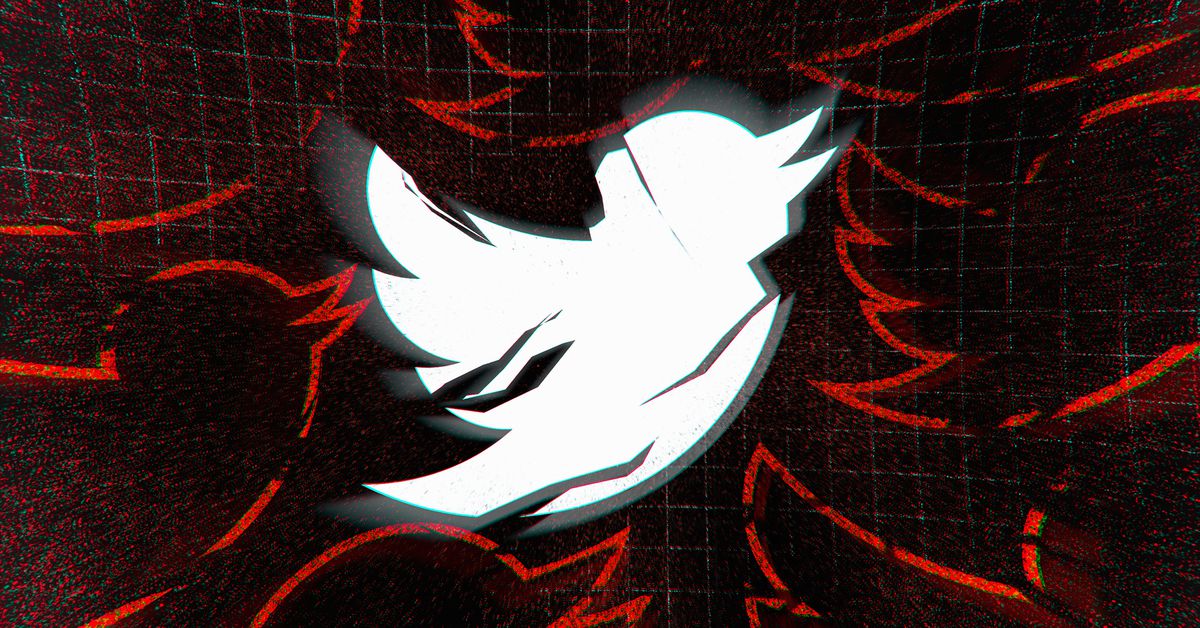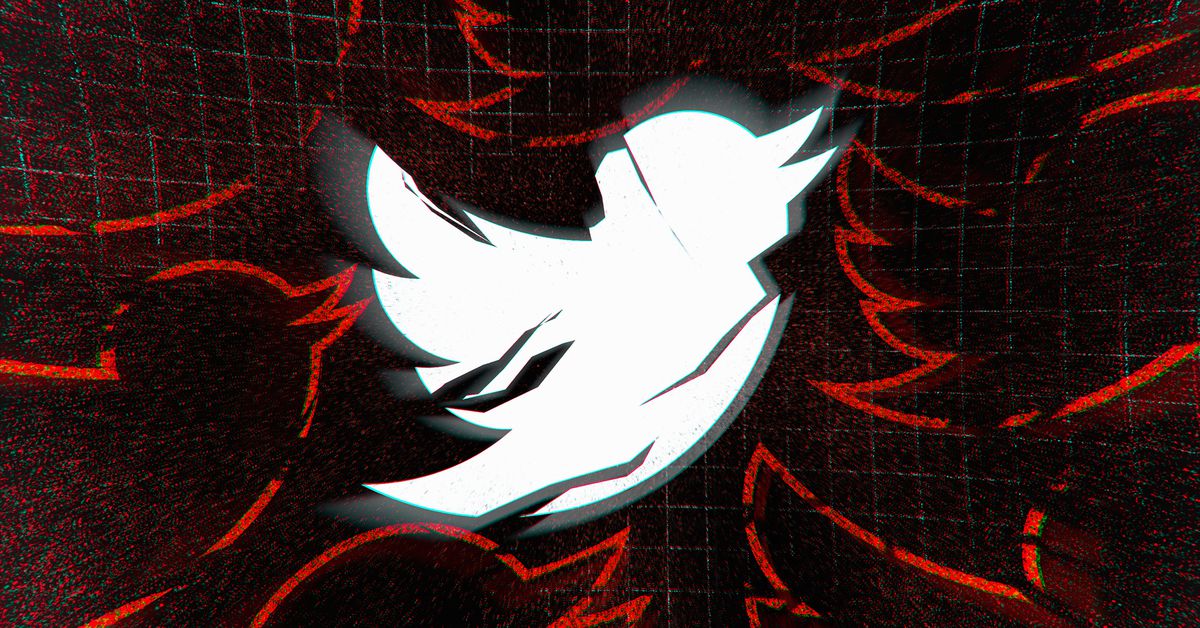
Twitter has reportedly suspended a number of accounts by mistake after far-right extremists began exploiting the platform’s new private media policy, according to a report by The Washington Post.
The platform has since launched an internal review of the matter and has made the necessary corrections, The Post notes. Twitter’s new policy, which allows individuals to request takedowns of photos or videos that contain them, has become the target of far-right activists who seek to remove pictures of them taken at hate rallies. The platform originally said that the rule was put in place to “curb the misuse of media to harass, intimate, and reveal the identities of private individuals,” which Twitter says disproportionately affects “women, activists, dissidents, and members of minority communities.”
As The Post notes, extremists began abusing Twitter’s new system shortly after it debuted. Far-right activists reportedly used services like Telegram and Gab to organize against anti-extremist accounts that work to expose and keep track of white supremacists at hate rallies — they sought to get these accounts suspended and have their personal photos removed (via The Washington Post).
URGENT: As we feared, @TwitterSafety is already locking and suspending the accounts of extremism researchers under its new “Private Media” policy.
The video is from September (predating the policy) and shows two right-wing extremists IN PUBLIC, planning violent assaults. pic.twitter.com/dp7zlt1u4r
— Chad Loder (they/them) (@chadloder) November 30, 2021
As The Post points out, some extremist researchers learned that their accounts had been suspended for violating the platform’s rules “against posting media of an individual from a country with a recognized right to privacy law” the same day that Twitter launched the policy. In a statement to The Washington Post, Twitter spokesman Trenton Kennedy reportedly told the outlet that the company has been hit with a “significant amount” of wrongful reports, resulting in “a dozen erroneous suspensions.”
So far, Twitter’s new “private information policy” has disproportionately penalized working journalists and researchers of the far-right. Some have been locked out over photos they took at *public rallies.*
If this is the bar, we’ve all crossed it.
Fix this @TwitterSafety https://t.co/bRJtTqSjLc— Andy Campbell (@AndyBCampbell) December 3, 2021
Twitter has faced criticism over the vague wording of its new policy, specifically because of the ramifications it could have on journalists or other users who have a legitimate reason for posting others’ photos online. In a thread on the feature’s launch day, Twitter said that it “will take into consideration whether the image is publicly available and/or is being covered by journalists,” and that “images/videos that show people participating in public events (like large scale protests, sporting events, etc.) would generally not violate this policy.”
It remains unclear if Twitter plans on taking steps to clarify this policy, and whether it will specifically outline what types of personal photos are and aren’t allowed on the platform. The Verge reached out to Twitter with a request for comment but didn’t immediately hear back.
